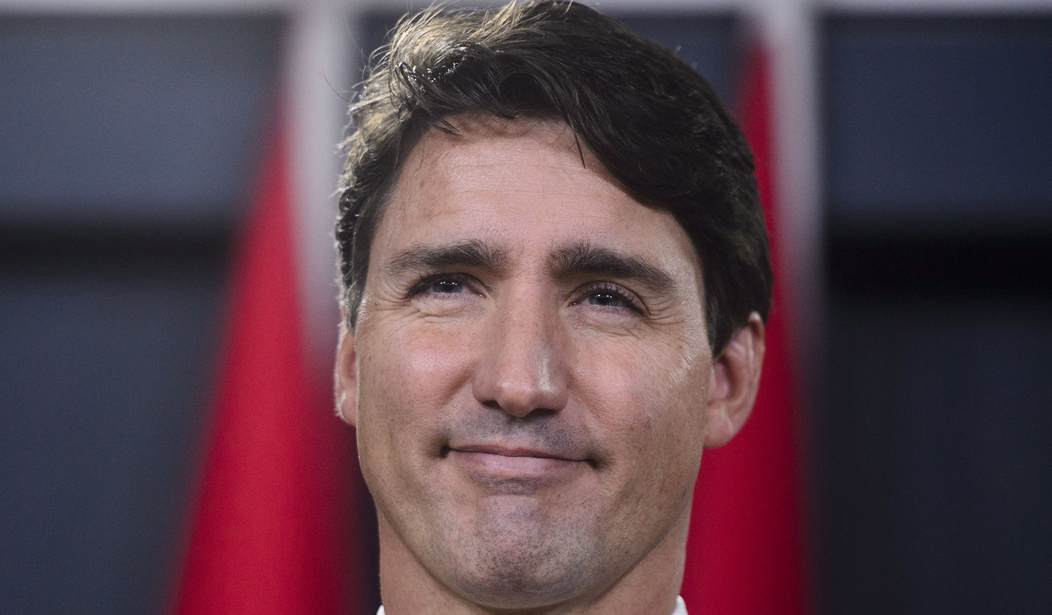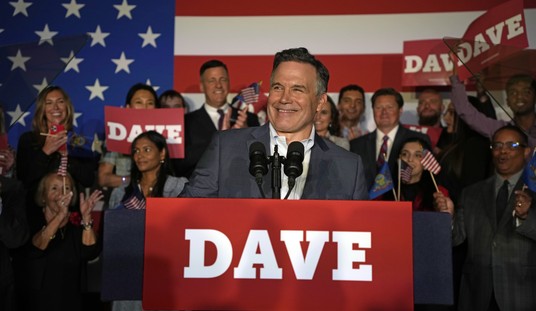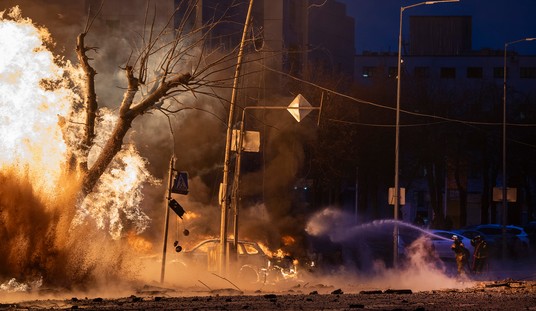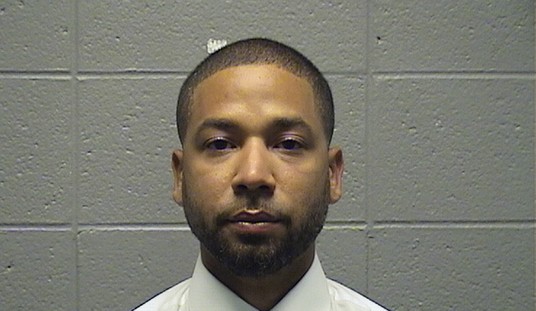Justin Trudeau’s Liberal Party lost a majority in Parliament and had to form a minority government after the 2019 election, meaning they had to partner with smaller parties to create a governing coalition. The next federal election in Canada wasn’t scheduled to take place until October 2023; however, in the Canadian parliamentary system a Prime Minister can call for a snap election as a way to try to secure a majority and thereby be able to push his agenda more easily. Two weeks ago that’s what Justin Trudeau did. At the time, it seemed like a good idea.
Prime Minister Justin Trudeau has called a snap summer general election as Canada enters into its pandemic fourth wave.
The general election comes as polls indicate his minority Liberal government looks within reach of forming a majority…
“Politically, I don’t really know if there’s been a better time for this government,” says Abacus Data CEO David Coletto. “The mood of the public is a good one right now.”
The pollster says that about 46% of Canadians in their recent surveys say they believe the country is heading in the right direction – the highest it’s been in about five years.
So polls were looking good and Trudeau called for an election to be held on September 20th. But recently, the polls have shown a surge in support for the conservatives:
According to the three polling firms with daily rolling polls, namely Mainstreet Research, EKOS and Nanos Research, support for the Liberals fell significantly as the week went along while the Conservative Party (CPC) surged ahead. As of this morning, Nanos has the CPC leading by a modest 2-point margin, whereas EKOS and Mainstreet measure the CPC much further ahead, by 6 and 10 points respectively over the Liberals. All three pollsters now show a statistical tie in Ontario, and all have the CPC regaining levels of support comparable to those of 2019 in Western Canada—a region which, since the election of Erin O’Toole to the leadership of the CPC in August 2020, initially seemed lukewarm to the new Conservative leader.
The Post Millennial highlighted some graphs of the results of these recent polls. Here’s Mainstreet Research (note that the Conservative party is blue and the Liberals are red):
Federal Polling:
CPC: 38% (+4)
LPC: 29% (-4)
NDP: 19% (+3)
BQ: 6% (-2)
PPC: 5% (+3)
GPC: 3% (-4)Mainstreet Research / August 29, 2021 / n=1802 / MOE 2.3% / IVR
(% Change With 2019 Federal Election)
Check out all Federal polling on @338Canada at: https://t.co/7yXX9RtvEx pic.twitter.com/nhnbbpfsUG
— Polling Canada (@CanadianPolling) August 30, 2021
Here’s EKOS:
Federal Polling:
CPC: 37% (+3)
LPC: 29% (-4)
NDP: 19% (+3)
BQ: 6% (-2)
PPC: 5% (+3)
GPC: 3% (-4)EKOS / August 29, 2021 / n=1232 / MOE 2.8% / IVR
(% Change With 2019 Federal Election)
Check out all Federal polling on @338Canada at: https://t.co/7yXX9RtvEx pic.twitter.com/eBNxuyn16H
— Polling Canada (@CanadianPolling) August 30, 2021
And here’s Nanos Research:
Federal Polling:
CPC: 33% (-1)
LPC: 31% (-2)
NDP: 20% (+4)
GPC: 6% (-1)
BQ: 6% (-2)
PPC: 4% (+2)Nanos Research / August 29, 2021 / n=1200 / MOE 2.8% / Telephone
(% Change With 2019 Federal Election)
Check out all Federal polling on @338Canada at: https://t.co/7yXX9RtvEx pic.twitter.com/ElMiTHtHvK
— Polling Canada (@CanadianPolling) August 30, 2021
The Nanos poll shows the tightest race but upon releasing the results the company didn’t shy away from declaring they represented big gains for the conservatives:
“Check out the trendline, It’s basically a rocket for the Conservatives,” Nanos said on Friday’s edition of CTV’s Trend Line podcast. It’s basically a tie for all intents and purposes.”…
the near tie in the seat projection marks a departure from the 2019 election, in which the Conservatives narrowly won the popular vote, but took only 95 seats to the Liberals’ 121.
“Conservative support is much better distributed in this particular election than in previous elections,” said Nanos. “The old structural advantage of the Liberals is not as strong.”
There is one hitch to all of this good news for the conservatives which is that because this was a snap election, a lot of Canadians aren’t paying attention yet. So it’s possible these numbers could swing in a different direction two weeks from now once everyone is more focused on it.
Still, Trudeau clearly thought this was going to be a relatively easy win for his party and it’s not shaping up that way. He may come to regret his decision to call for this snap election if the conservatives actually improve their standing.








Join the conversation as a VIP Member